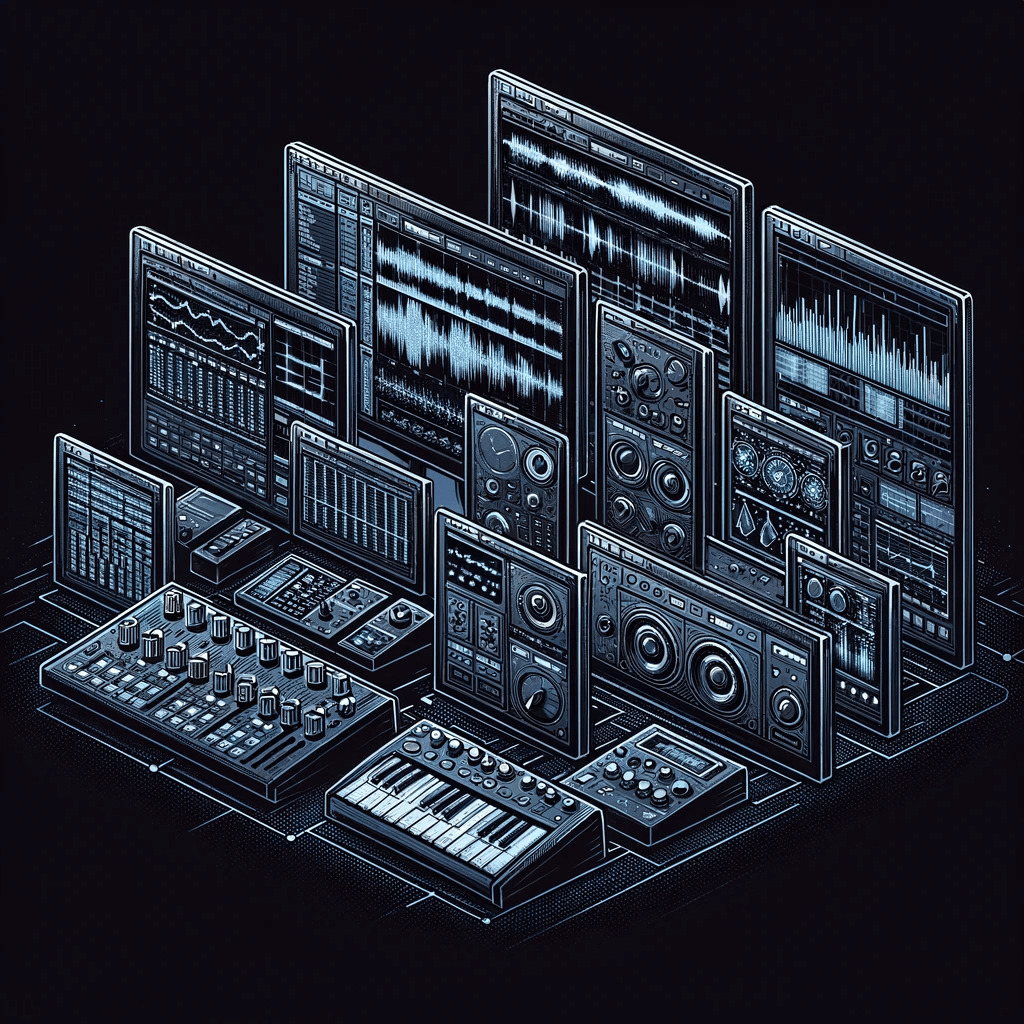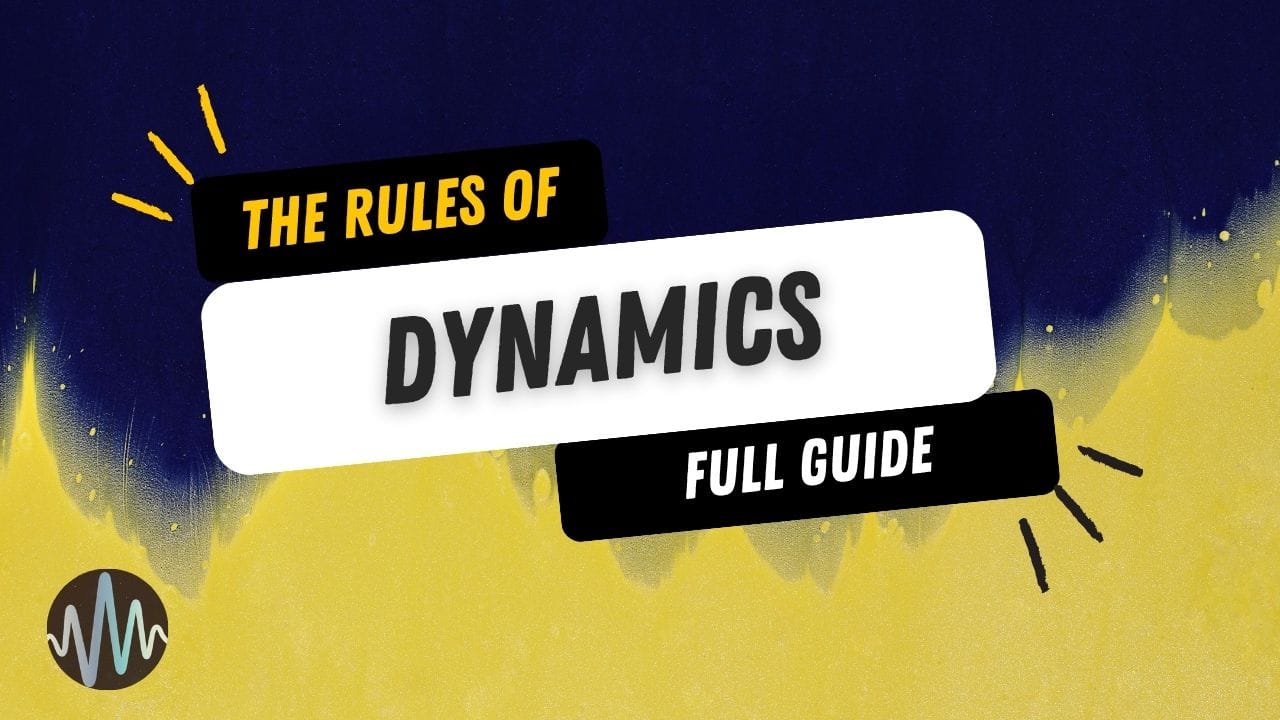Starting out in music production is exciting, but it's easy to make some common mistakes. Here's a look at six common mistakes and how you can steer clear of them.
Skipping the Basics
Many beginners jump right into advanced techniques.
Start with the basics. Learn your software inside out. Once you've got that down, move on to the fancier stuff.
- Begin by mastering the fundamentals. Familiarize yourself with every detail of your chosen DAW.
- Focus on understanding basic functionalities before delving into advanced features.
- Grasping foundational skills will lay a strong groundwork for more intricate techniques later on.
Overloading on Plugins
It's tempting to download every plugin out there.
Stick to a few essential plugins. Learn them well. Quality over quantity always wins.
- Prioritize learning a handful of essential plugins thoroughly.
- By focusing on quality over quantity, you ensure a more nuanced understanding of each tool.
- Streamlining your toolkit allows for more creativity and less confusion.
Not Saving Work Regularly
There's nothing worse than losing hours of work.
Save your work often. And then save it again.
Use different names for different versions. Consider using auto-save features if your software has them.
- Cultivate the habit of saving your work consistently and creating multiple backups.
- Utilize different filenames for various versions to track your progress.
- Leverage auto-save features, if available, to safeguard your efforts.
Ignoring Music Theory
Some think they can bypass music theory.
Spend some time learning basic scales, chords, and progressions. It'll make your tracks sound better.
- Dedicate time to understand basic scales, chords, and progressions.
- A foundational knowledge of music theory can elevate your compositions and lend a professional touch.
- Integrating theoretical knowledge enhances creativity and expands your musical palette.
Not Using Reference Tracks
You might think your mix sounds great, but how does it compare?
Use reference tracks. They'll help you see how your mix stacks up to professional ones.
- Employ reference tracks to gauge how your mix compares to professional standards.
- Analyzing and learning from established tracks can provide valuable insights into your own mixing process.
- Regularly comparing your work ensures that you stay on track and continue to improve.
Overcomplicating Mixes
Too many elements can make a track sound messy.
Keep it simple. If an element doesn't add to the track, consider removing it.
- Aim for simplicity and clarity in your compositions.
- Evaluate each element critically; if it doesn't enhance the track, consider omitting it.
- Striking a balance between richness and simplicity can lead to a more polished sound.
Recap
- Mastering the basics and focusing on a few essential plugins ensures a strong foundation in music production.
- Regularly saving work and using different filenames prevents loss of progress.
- Learning music theory and using reference tracks elevates the quality of compositions.
- Keeping mixes simple and avoiding overcrowding enhances the track's appeal.
- Awareness of common mistakes accelerates growth and improves music production skills.
Final Words
Everyone makes mistakes, especially when starting out. But by being aware of these common pitfalls and knowing how to avoid them, you'll be on your way to producing better music in no time. Remember, every mistake is a lesson. Keep learning and keep producing!






Comments